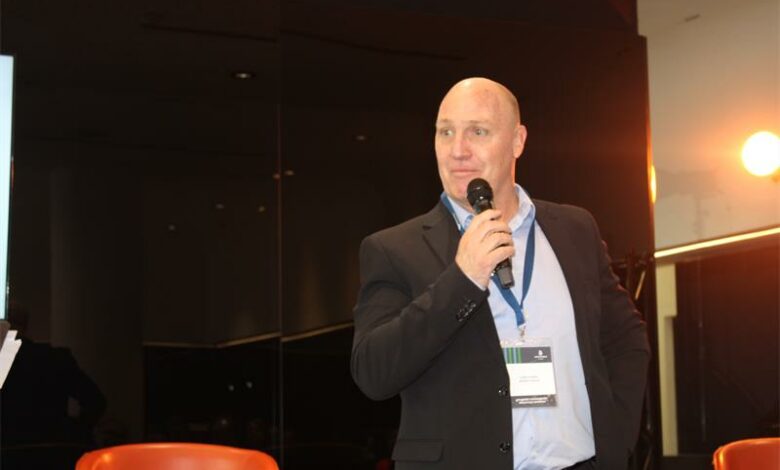South African companies need to stop treating transformation as a checklist exercise and start seeing it as a social commitment. That was the message from Afrika Tikkun’s B-BBEE expert, Chris Hieber, at a seminar hosted by Afrika Tikkun Services B-BBEE Partnerships on October 8 at Mercedes-Benz Sandton.
From Compliance to Conscience
Hieber challenged business leaders to shift their mindset. “Transformation isn’t about chasing level ones or filling in forms,” he said. “It’s about people, purpose, and accountability.”
He reminded attendees that when the original BEE codes were introduced, many companies reached top ratings without changing their internal structures. “That was never the goal,” he added. “Real transformation happens when you are intentional, when you use your business to create opportunity and dignity.”
Empowerment as a Shared Responsibility
Hieber urged companies to stop viewing empowerment as an obligation and instead see it as an investment in South Africa’s future. “Investing in people is not a favour; it’s an investment in your future workforce and your community,” he said.
He pointed to Afrika Tikkun’s youth development initiatives, which have helped thousands of young South Africans gain the skills and confidence to enter the job market. Many have since moved into permanent employment or started their own ventures.
Supporting Small Black-Owned Businesses
One of Hieber’s strongest appeals was for companies to extend their transformation efforts beyond their walls. He called for practical support of small, black-owned enterprises through mentorship, procurement partnerships, and long-term business collaboration.
“Transformation is not about donating money and walking away,” he said. “It’s about standing beside people as they grow.”
Transformation Must Live in Culture
The message resonated with attendees across the board. Hieber warned that transformation cannot be reduced to paperwork or targets. It must become part of company culture, leadership values, and everyday decision-making.
“Ask yourself if what you’re doing changes lives,” he said. “That’s the real measure of empowerment.”
A Call to Lead by Example
Hieber’s call came at a time when many South African companies face criticism for treating B-BBEE as a compliance burden rather than a tool for social change. His challenge was simple but urgent: to put people back at the center of transformation.
Afrika Tikkun’s model, which combines youth education, skills training, and employment placement, offers a blueprint for what that shift could look like in practice.
For Hieber, the goal is clear: a business culture where empowerment is not performed but lived.




























